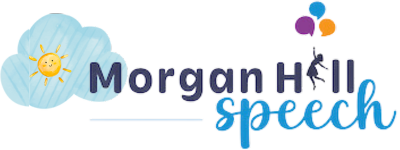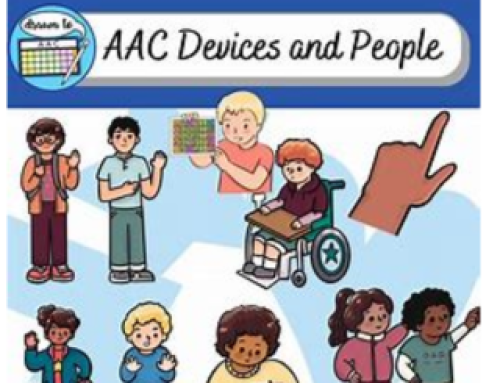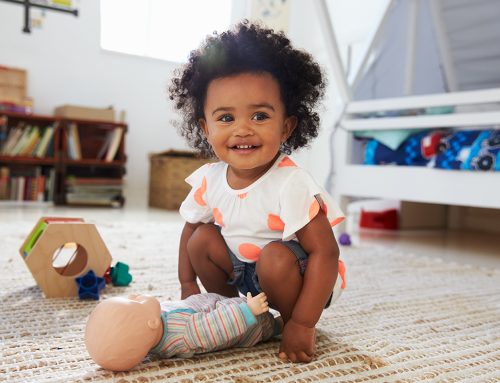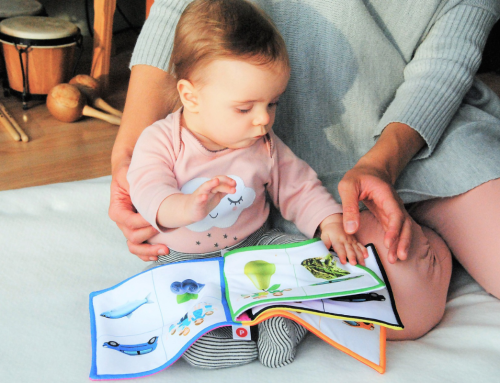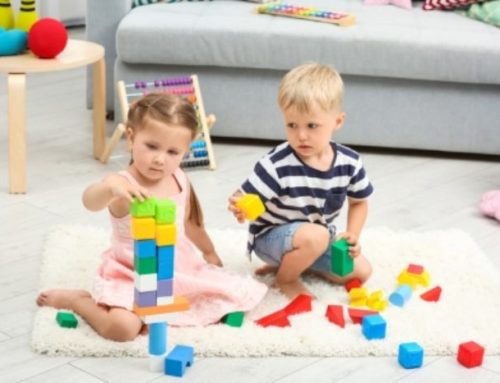By Kathryn Rizqallah M.S. CCC-SLP : Speech Language Pathologist and Owner of Morgan Hill Speech
Our initial speech and language visit always asks “what kind of cup does your child use?”. The type of cup a child drinks from can affect their speech and language development. Around 1 year of age your child should be beginning to develop a mature swallow pattern that differs from the one they used for breast or bottle feeding. Helping your child progress from breast/bottle to independent drinking is an important developmental milestone. During a ‘mature swallow’ your tongue tip lifts up to the spot behind your front teeth (we call it the ‘bumpy spot’), and then moves back over the roof of your mouth to trigger your swallow. The ‘bumpy spot’ behind your front teeth is very important for both speech sounds and swallowing.
Therefore, around 1 year of age your child should be transitioning away from exclusive use of the bottle or traditional hard spouted sippy cup. A bottle nipple or hard spout cup physically blocks the tongue from elevating to that bumpy spot we talked about. When a tongue cannot elevate, it has a tendency to rest forward in the mouth which can affect speech and language development. In addition, it will often result an open mouth posture which can alter appropriate facial development.
When a child uses an immature ‘suckle-swallow’ pattern for swallowing (like that used for breast/bottle or hard spouted sippy cup drinking) past the normal developmental time frame we are delaying the development of a mature swallow pattern.
The best possible option for helping to develop that mature swallow is an open cup. So whenever you can allow your child to drink from an open cup. We love The TalkTools® Itsy™ Cup. This is part of an all-in-one inclusive feeding set inspired by TalkTools® founder, Sara Rosenfeld Johnson, that allows transition from caregiver-led drinking to self-directed straw drinking to independent open-cup drinking. This set is perfect for practicing oral motor skills with the cup and getting your child to drink on their own.
* For more information OR If you are concerned with your child’s development, please contact our office to speak with one of our licensed therapists at (408) 612 8877 or email us your questions at info@morganhillspeech.com.
